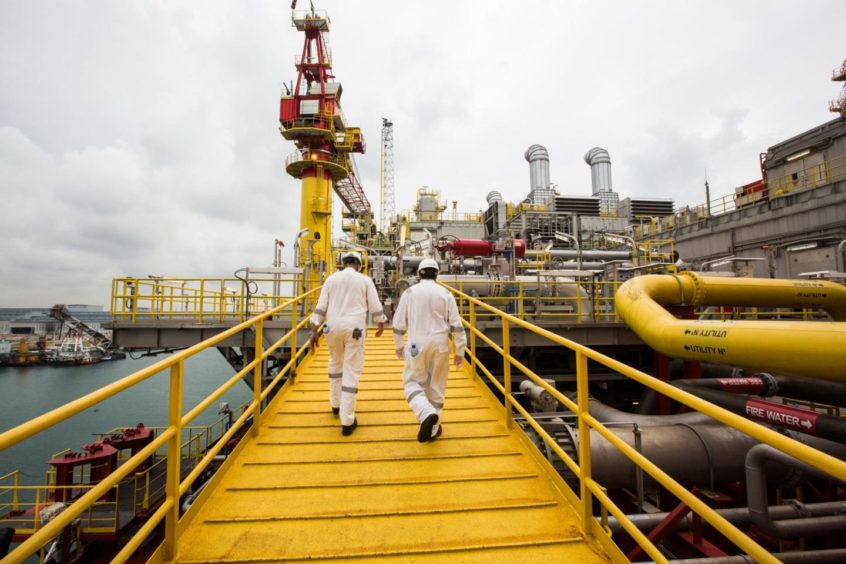
Oil plunged to an 11-week low, extending losses after the worst week since October, as new waves of Covid-19 threatened fuel demand.
Futures fell below $66 a barrel in New York, while wilting timespreads showed the market is faltering. Goldman Sachs Group Inc. downgraded its economic growth forecast for China as the country imposed measures to contain virus flare-ups, including a mass testing program in Wuhan — the original epicenter of the pandemic. Infections have also climbed in the U.S. and Thailand.
“Oil is seeing a continued loss of momentum, with sentiment taking a knock,” said Ole Hansen, head of commodities research at Saxo Bank A/S. “Most importantly, worries about the short-term demand outlook as governments respond to a surging delta variant” are weighing on the market.
Crude has run into stiff headwinds this month as the delta variant sweeps across the globe, leading to renewed restrictions. In China, airline seat capacity has dropped 32% in a week, the most since early in the pandemic, while air-travel comebacks have stagnated in Europe and North America.
Oil has also felt the effect of a strengthening dollar amid expectations that the Federal Reserve will ease stimulus. Crude’s plunge on Monday coincided with a broader commodities selloff, with gold earlier touching the lowest since March and copper slipping to a two-week low.
Prices
West Texas Intermediate for September delivery dropped 4.1% to $65.50 a barrel on the New York Mercantile Exchange at 1:19 p.m. London time. It fell to $65.15 earlier, the lowest since May 24.WTI retreated 7.7% last week.
Brent for October settlement lost 3.8% to $68 on the ICE Futures Europe exchange.
Delta is also impacting the oil market structure. The prompt timespread for Brent has narrowed to 32 cents a barrel in backwardation — a bullish signal where near-dated contracts are more expensive than later-dated ones. That compares with 69 cents a week earlier.
Still, further price losses may be contained as the OPEC+ alliance led by Saudi Arabia continues to stabilize supply levels, avoiding a new surplus. The group is gradually restoring production it halted when the coronavirus first emerged last year.
“Despite the delta spread, the market is undersupplied on our estimates, so we believe further downside risk is limited in the short term,” said Helge Andre Martinsen, senior oil-market analyst at DNB Bank ASA.